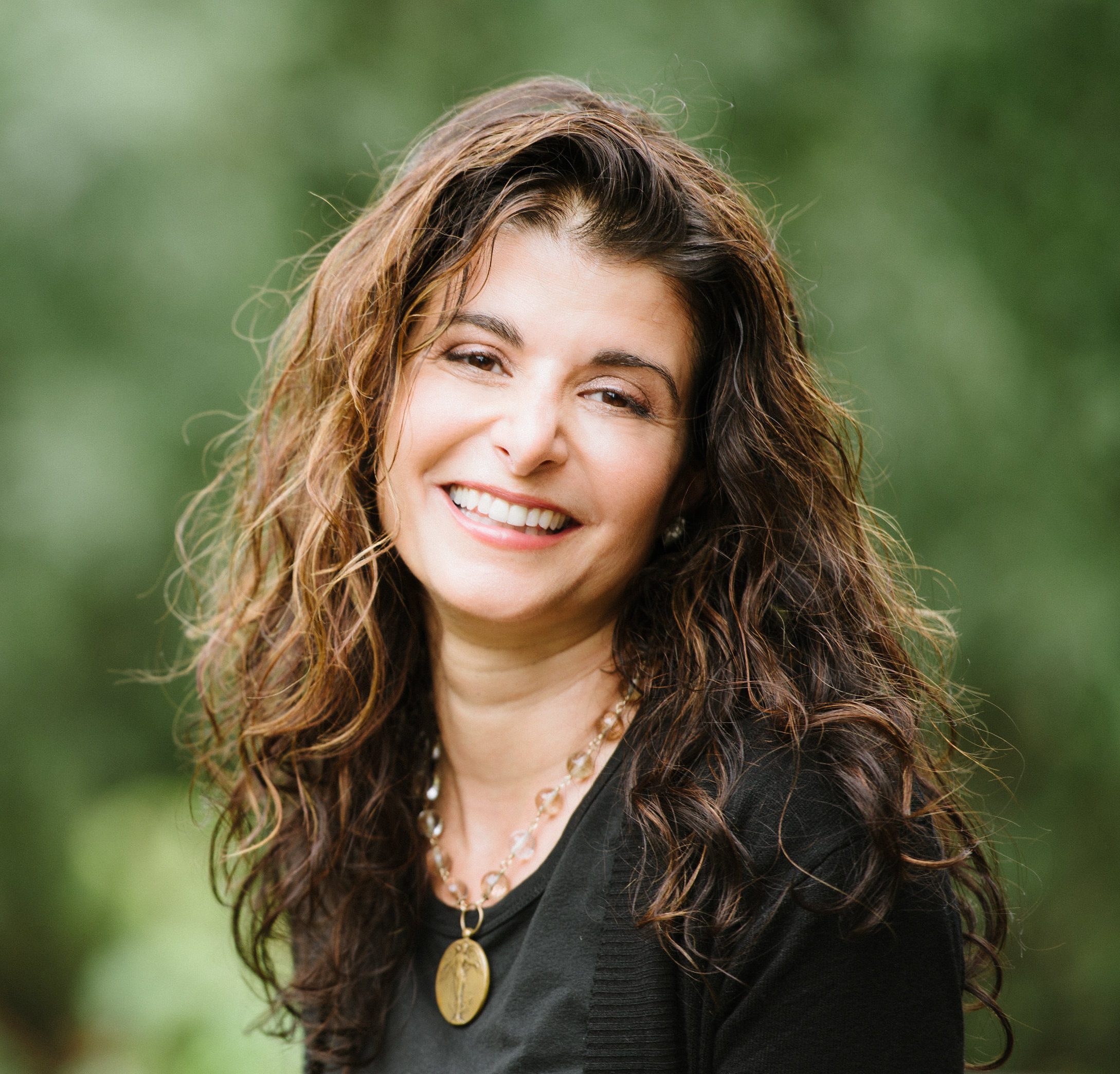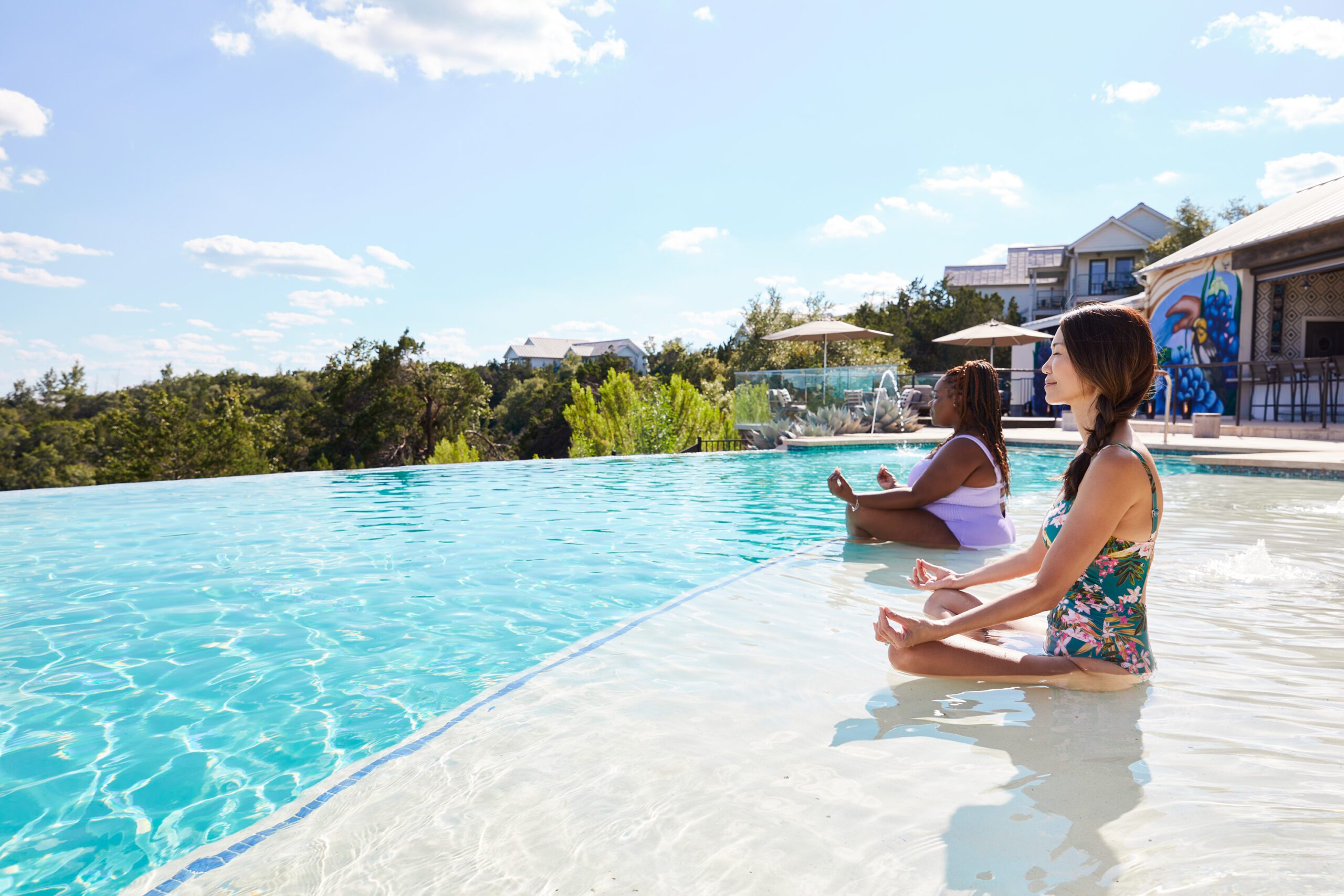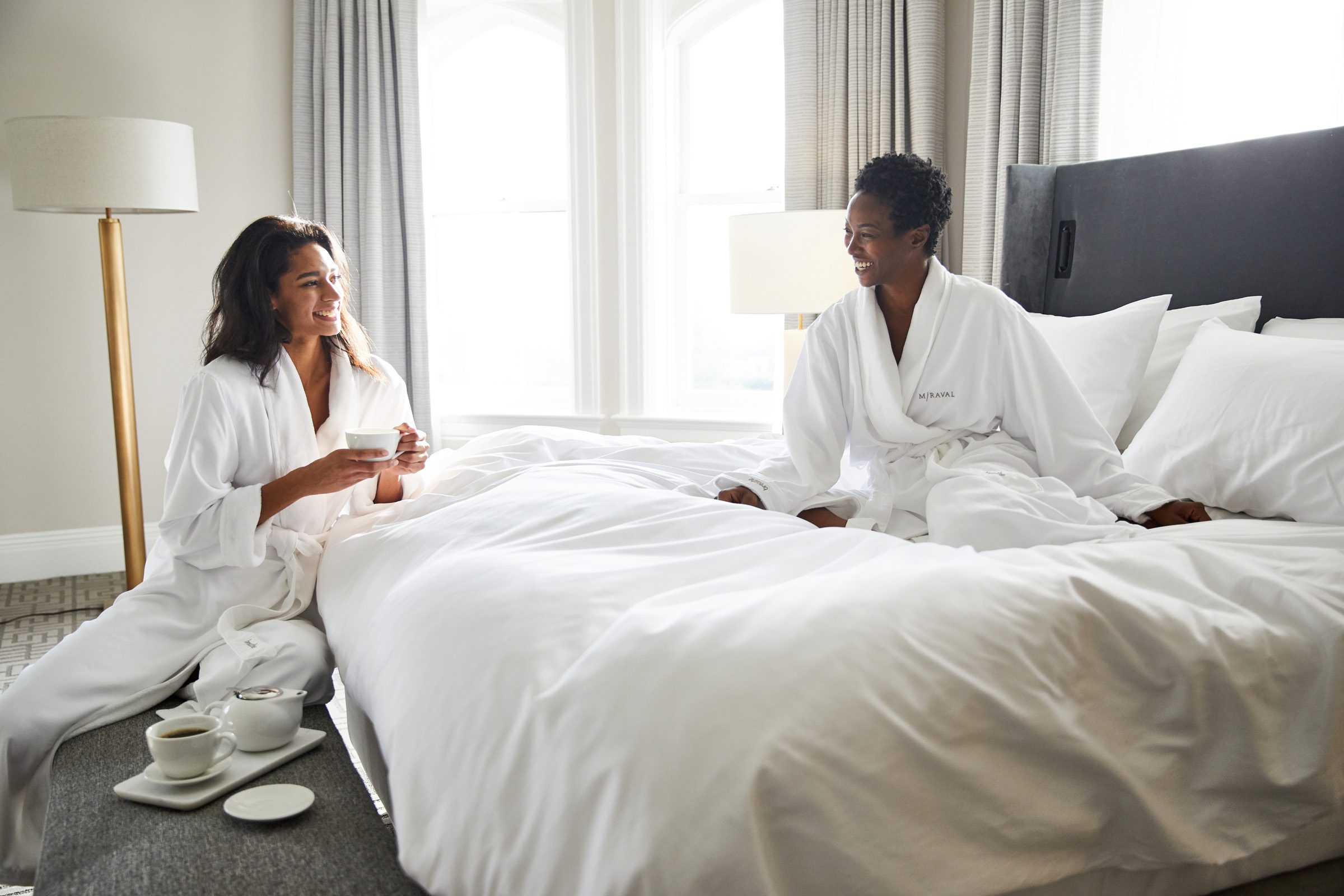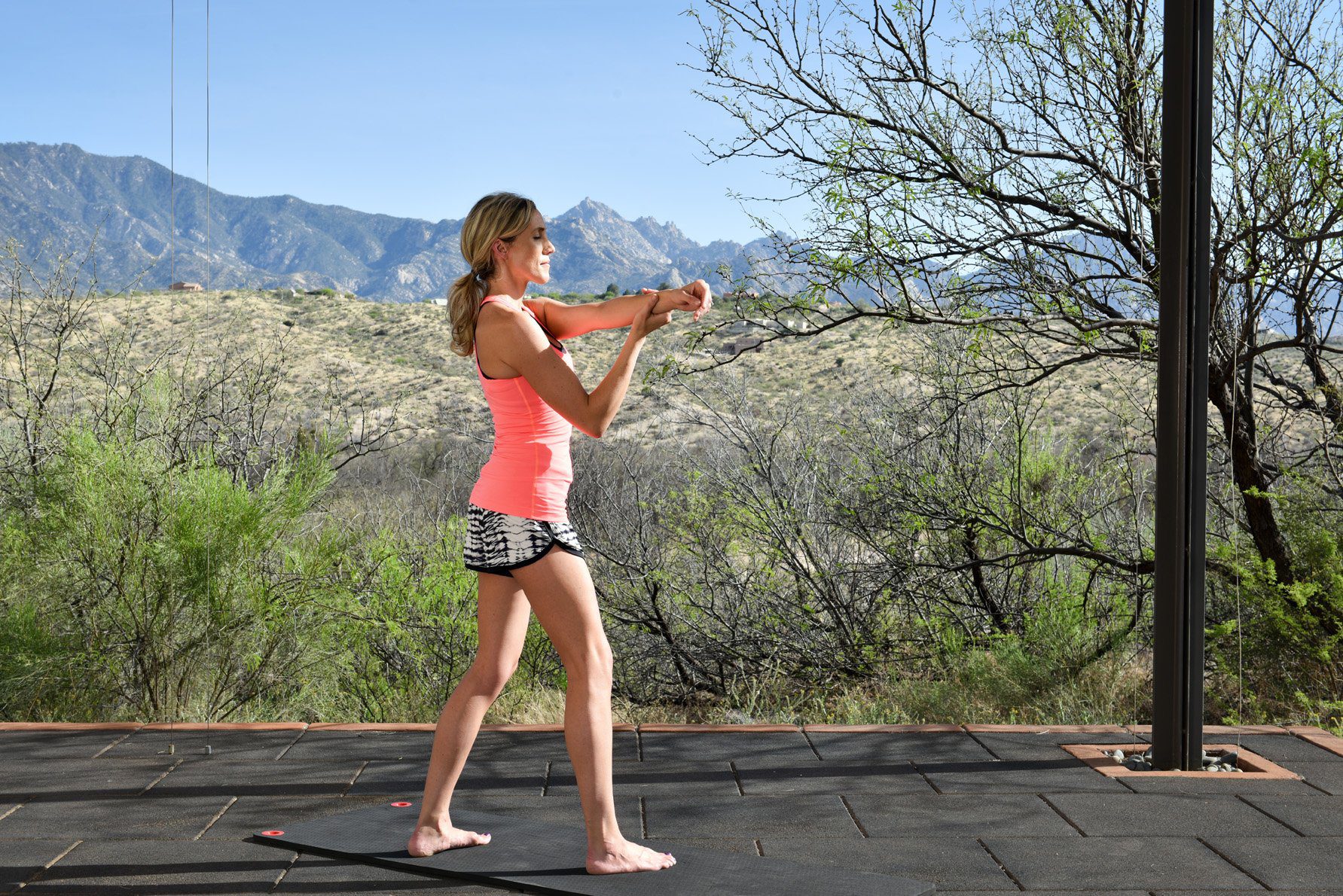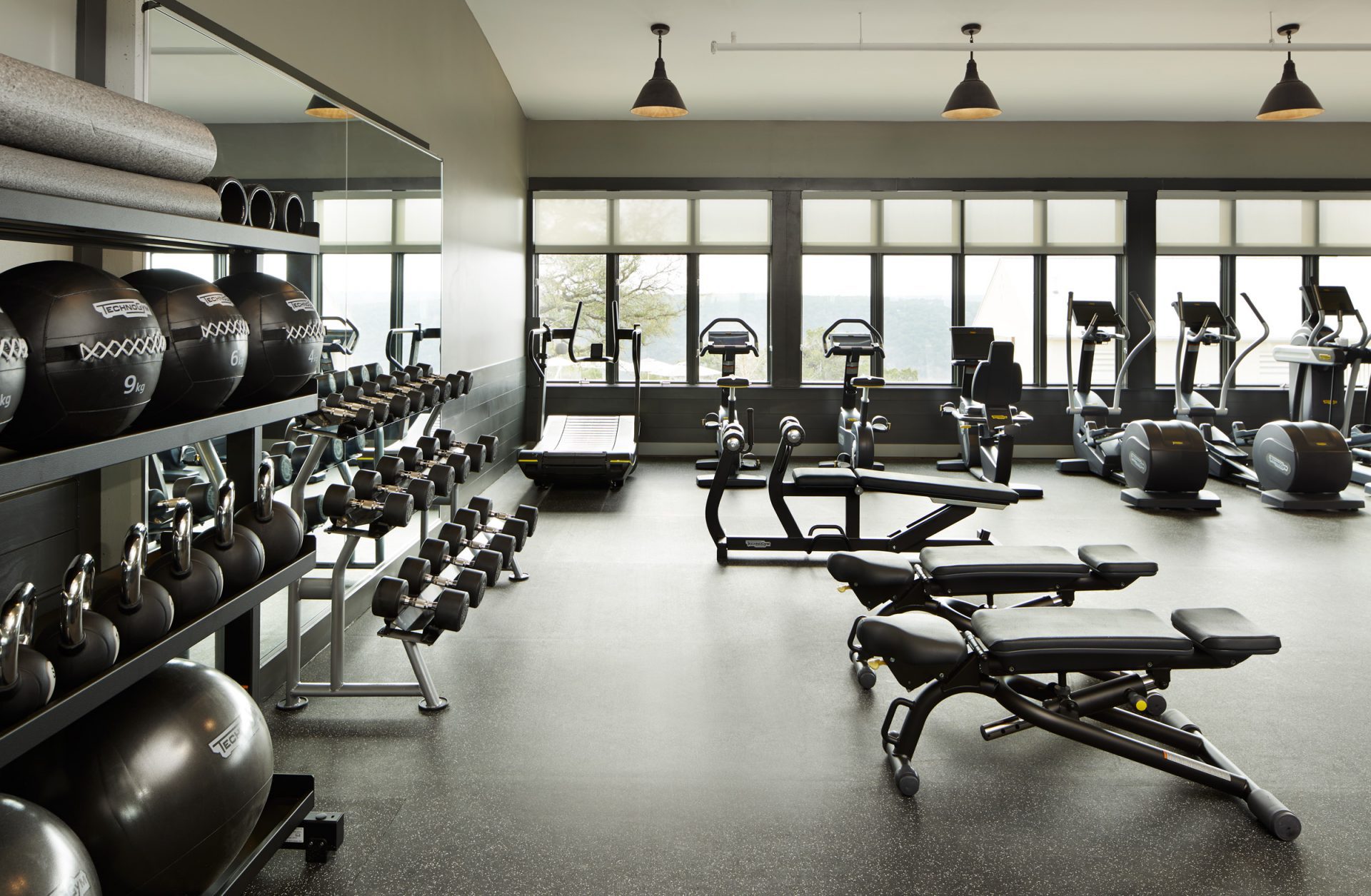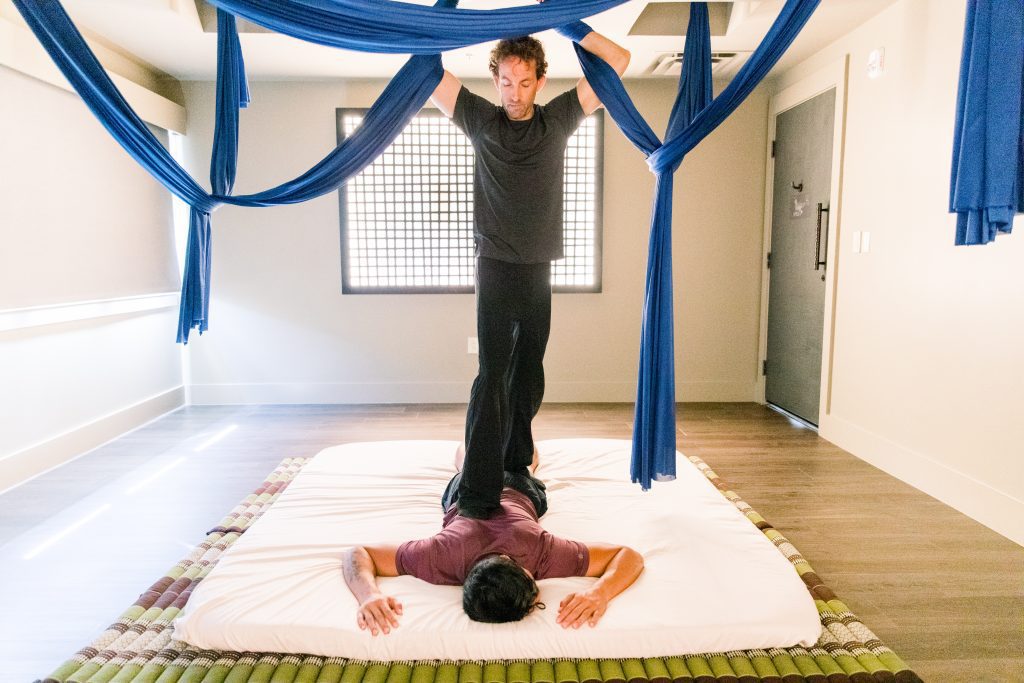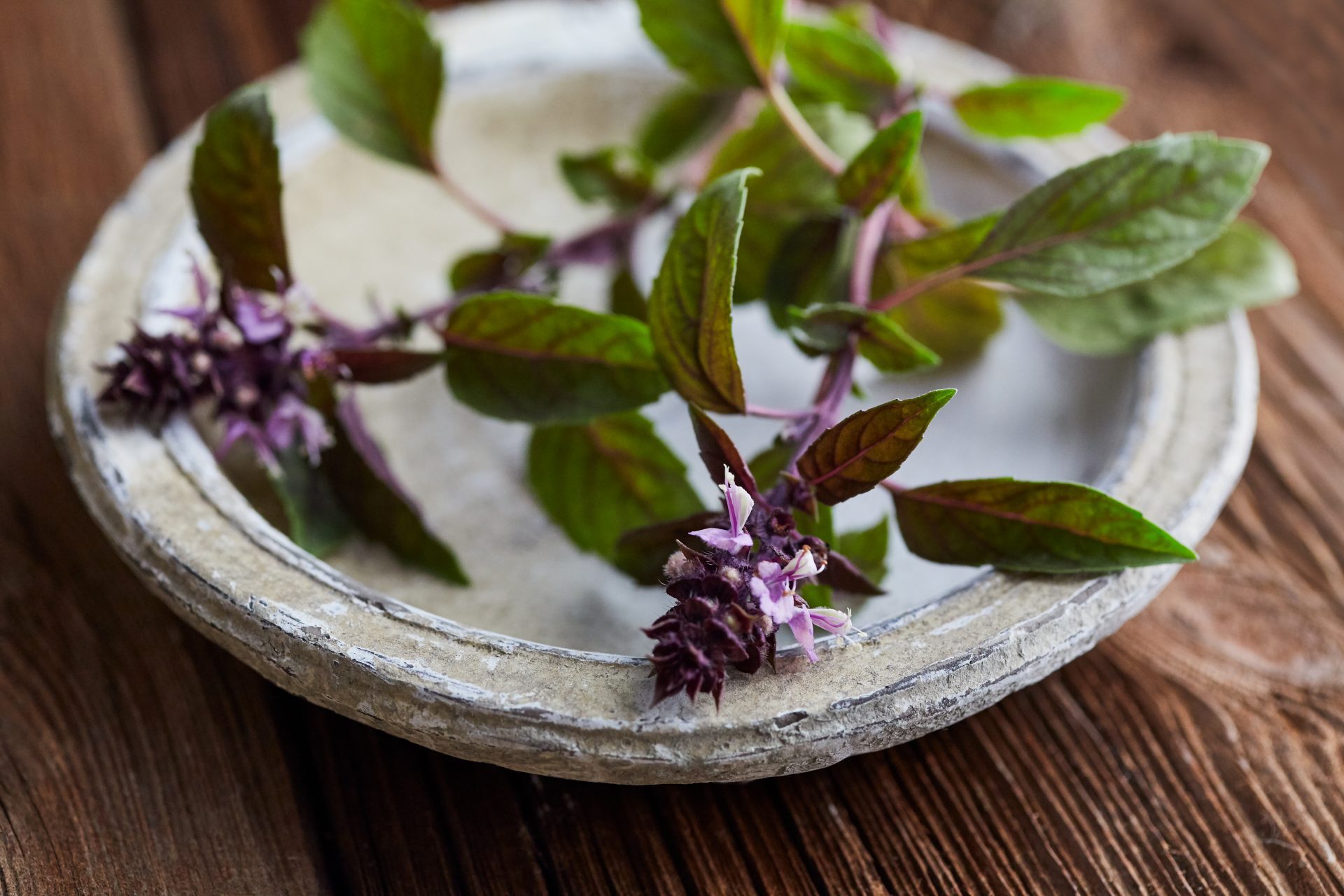6 Tips For A Smoother Back-to-school Transition
Summer’s wind-down propels us into a heightened time of mixed emotions and transitions—the return to school. Families worldwide are gearing up to shift from summer’s slow shuffle into the school year’s fast, sometimes chaotic, clip.
Along with the usual back-to-school excitement and anticipation, we now face a layer-cake of emotions and expectations that our collective oven of recent events has baked up.
We’re playing Whack-A-Mole with virus variants and adjusting thermostats for weird waves of weather. We are exhausted from hearing the word “unprecedented” to describe anything from the length of a Stranger Things episode to the latest global shake-up. Our routines have turned upside-down.
Masks on, masks off.
Laptop learning, live learning.
Ride the school bus, don’t ride the bus.
How do we turn things right-side up?
If we take the time to listen to and collaborate with our kids, we can come up with better routines and bigger ideas. We can pivot, regroup, and create our own right-side-up world.
Everything might not go back to how it was in the “before” times, but maybe that’s ok. We are being asked to use our imagination and creativity to find new rules for new realities. It’s easy to forget that—even in “normal” times—kids, teenagers, and young adults have had to navigate a confusing and unpredictable path.
So, how do we face today’s noise and still be mindful parents and role models for our returning students?
By changing our mindset from complacency to ingenuity. We can add a dash of hope and joy to the stress soup of school. Our kids might even follow suit.
Try these suggestions from the Miraval Resorts wellness team and our mental wellness partner, NAMI, the National Alliance on Mental Illness. They share their tips and resources with us below for anyone out there trying to figure out how to guide our kids (big and little) compassionately through unpredictable times.
Remember that no one can do it all—not you, your kids, or even our amazing teachers. Take one step at a time, and if it all collapses like a deflated souffle some days, you can always start again.
And don’t forget to celebrate the wins, big or small, because there’s always a good reason to serve a healthy sweet treat.
Tips from Miraval Resorts’ Wellness Counseling Team
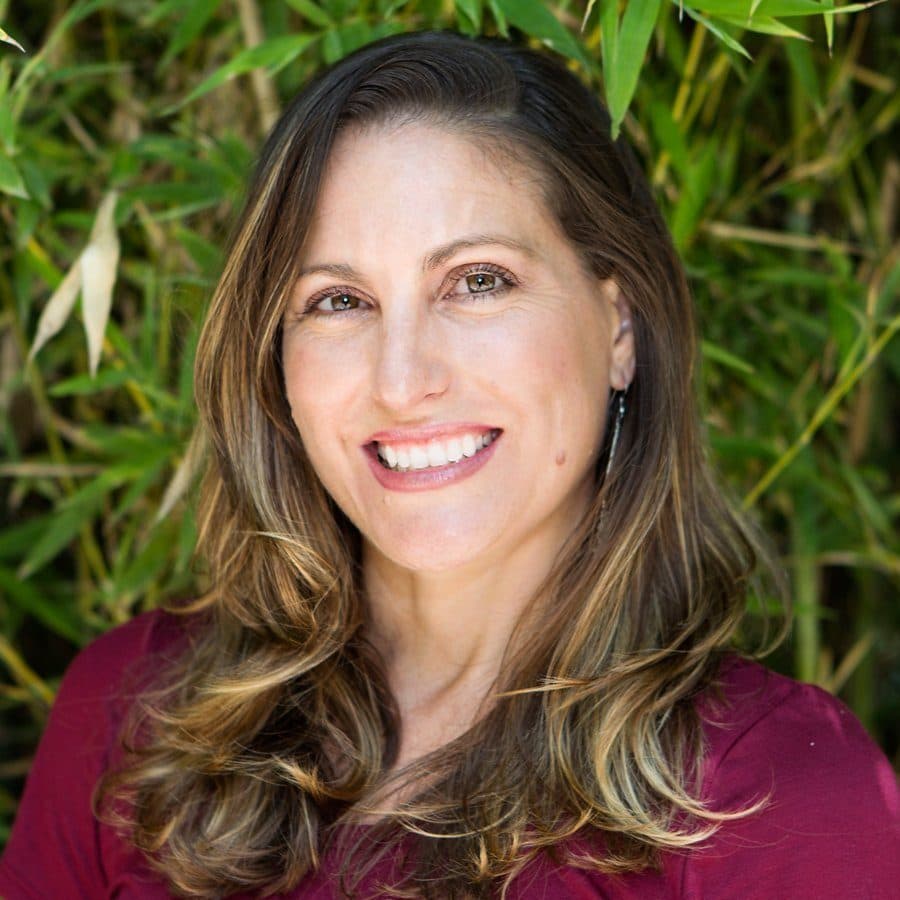
Lisa Frank
Miraval Arizona holistic wellness counselor, Phoenix Rising yoga therapist, life coach
Lisa’s Top 3 Tips for Back-to-School
Practice Self-Care
Parenting is often a selfless endeavor with lots of outward focus and care and very little that is self-directed. Avoid becoming overwhelmed and resentful by nurturing yourself—getting proper rest, nutrition, exercise, and support, even if it means five extra minutes in the morning. These practices can manage stress and model healthy habits for your children.
Aware and Prepare
Set aside time to brainstorm with your kids about preparing for the new school year – physically, mentally, and emotionally. Be a compassionate listener and validate their concerns, excitement, and fears. Help them to prepare as much as they can the night before school starts: breakfast, lunch, tomorrow’s outfit, backpacks, and shoes by the front door. It makes for a much calmer morning.
Breathe, Breathe, Again and Again
There is no such thing as perfect parenting. Even with all the preparations, conversations, and practice, things may still fall apart. Stay present and breathe. You might forget items, run late, or find tempers flaring, but in the end, it’s all temporary. It can be hard to be a parent or a returning kid, so offer yourself and each other compassion and grace.

Michelle Fraley
Miraval Arizona integrative wellness specialist, clinical counselor, certified holistic life coach
Michelle’s Top 3 Tips for Mindful Parenting
Practice and Model Digital Mindfulness
Help your whole family create structure and boundaries around digital usage. Create digital-free zones at home (at dinner or family game nights), set limits on digital use at night (it helps everyone sleep better), and talk to your kids often about how they feel about social media.
Communicate Intentionally & Specifically
Replace questions that have one-word answers with open-ended ones. Instead of “Did you have a good day?” try, “Tell me about something you did that was fun today,” or “Tell me what you did at lunch.” Help your child feel heard and understood by listening, asking for clarification, and showing empathy and compassion. Avoid fix-it mode and offer support, guidance, and space for creativity and problem-solving instead.
Practice Gratitude for What is Working.
Step back from negativity bias (focusing on what is wrong) by assisting children in identifying their strengths and what works for them right now. It can also reduce negative self-talk and help them feel more confident, motivated, grounded, and grateful. Research shows that expressing gratitude strongly correlates with feeling happy. Create gratitude-centered routines with your kids, like sharing two things they are grateful for on the ride to school or at dinner time.
The National Alliance on Mental Illness is the nation’s largest grassroots mental health organization dedicated to improving the lives of individuals and families affected by mental illness.
- Your journey: Kids, Teens, and Young Adults
- Mental Health Resources for Kids, Teens and Young Adults – NAMI
- Educator Back to School Wellness Guide – NAMI
- Video: Heading Back to School (A Student, Parent & Educator) – NAMI
- Adolescent and School Mental Health – CDC
- Mental Health Resources for Educators – Teach for America
- Mental Health Resources for High School and College Students – The JED Foundation
- Check out NAMI’s free, signature, virtual platform for middle and high school-aged students, NAMI Ending the Silence.
Araxe Hajian
Araxe Hajian is a senior writer who covers wellness stories and specialist offerings at Miraval Resorts & Spas. She was associate editor and writer at Life in Balance Magazine, storyteller at the social platform MindMeet, and author of numerous articles and Miraval Resorts’ coffee-table book Miraval Mindful by Design.


